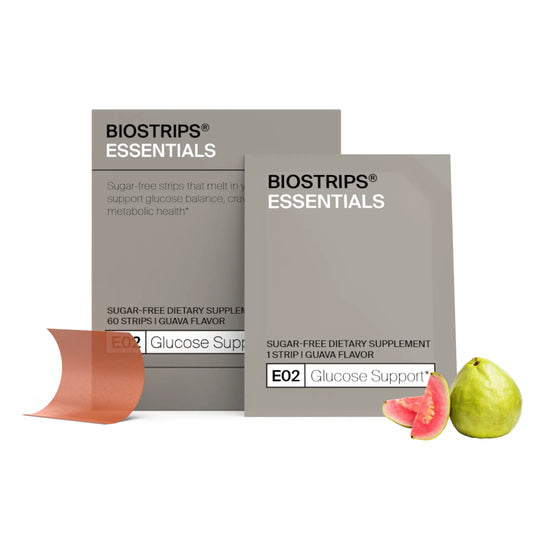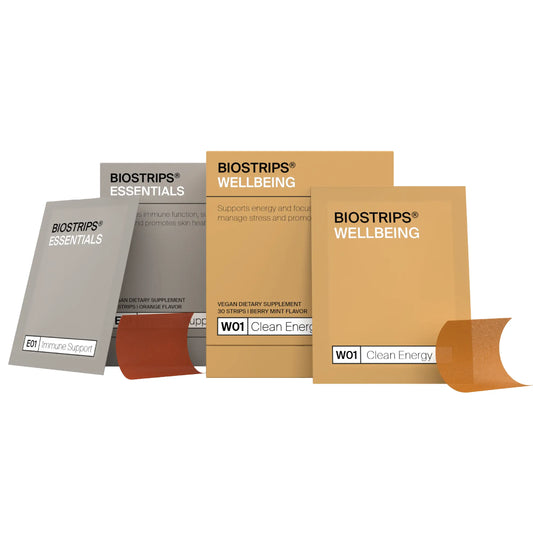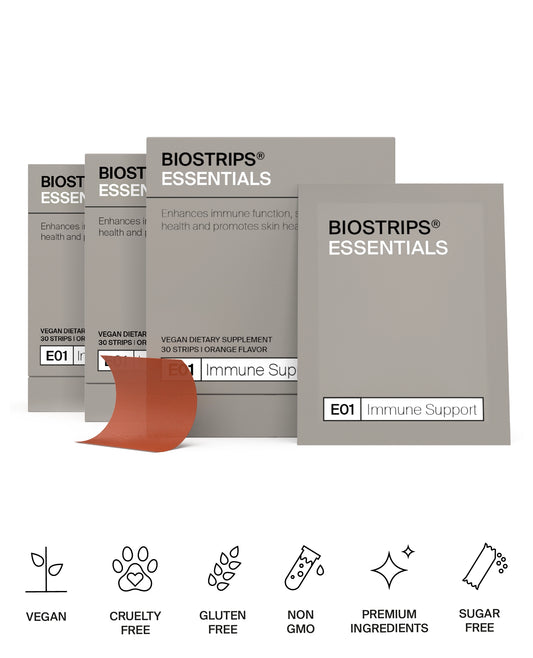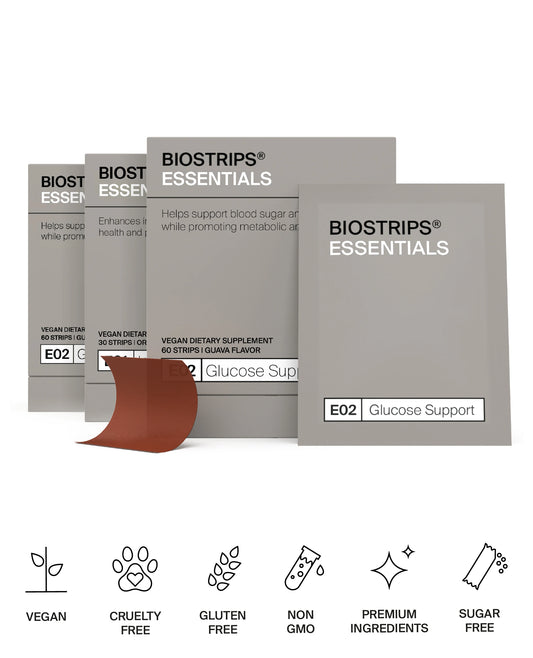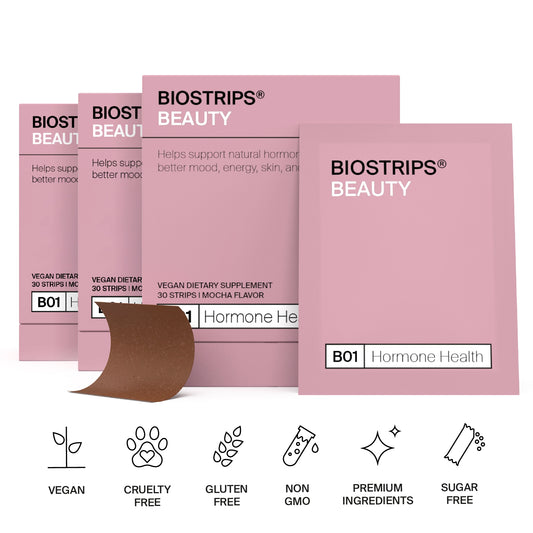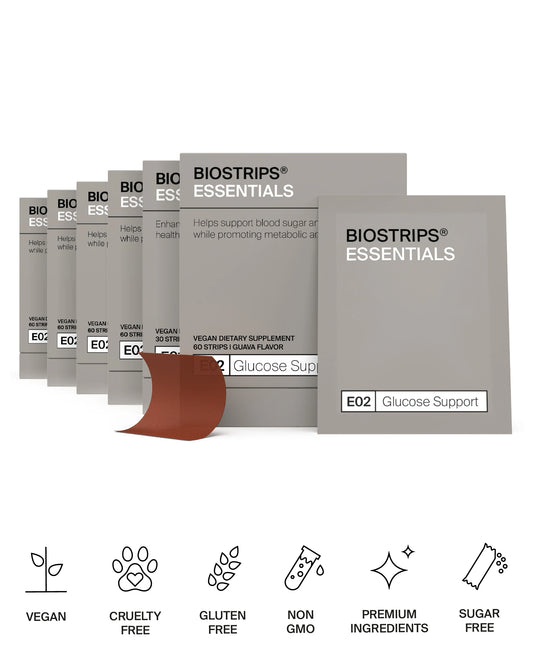Key Takeaways
- Widespread Adulteration: Studies reveal that a significant portion of supplements from major retailers do not contain the ingredients they claim, raising concerns about product integrity.
- High Filler Content: Many supplements, particularly gummies and tablets, contain a large percentage of fillers, reducing the amount of active ingredients.
- Poor Bioavailability: Many supplements, especially in tablet form, have low absorption rates, meaning that much of the active ingredient is not effectively used by the body.
- Proprietary Blends: Supplements often use proprietary blends to obscure the actual amounts of active ingredients, which can lead to sub-therapeutic dosing.
- Need for Independent Testing: Only a minority of supplements are independently tested for quality and purity, highlighting the need for greater transparency and regulation.
Introduction
The global supplement industry is booming, with millions of people relying on pills, powders, and gummies to enhance their health and well-being. However, recent studies and investigations have raised serious concerns about the integrity and efficacy of many supplements on the market. With widespread adulteration, high filler content, and poor bioavailability, consumers are left wondering: Are most supplements a scam? This blog delves into the realities of the supplement industry, highlighting key issues and providing insights on how to navigate this complex market.
Widespread Adulteration: The Shocking Findings from Major Retailers
A groundbreaking study conducted by the New York Attorney General's office in 2015 revealed alarming levels of adulteration in herbal supplements sold by major retailers such as GNC, Target, Walmart, and Walgreens. The investigation tested 78 bottles of herbal supplements and found that 79% of the products did not contain the primary herbal ingredient they claimed to, instead containing fillers like powdered rice, asparagus, and even houseplants【Source: New York State Attorney General’s Office (2015)】.
In many cases, none of the advertised herbs were present in the tested products, raising significant concerns about the accuracy of labeling and potential consumer deception. This study led to a series of lawsuits and regulatory actions, highlighting the critical need for stricter oversight and independent testing in the supplement industry.
Filler Ingredients: A Major Issue in Commercial Supplements
One of the most concerning issues in the supplement industry is the high percentage of inactive fillers used in many products. Fillers such as magnesium stearate, silicon dioxide, and microcrystalline cellulose are commonly added to improve texture, shelf life, and manufacturability. However, these fillers often constitute a significant portion of the supplement, reducing the space available for active ingredients.
- Gummies: Gummies are particularly notorious for their high filler content, which can make up 70-80% of the product. These fillers, primarily made of gelatin, glucose syrup, and corn starch, help create the gummy texture but often leave little room for the actual active ingredients. A study found that the average gummy supplement contains only about 20-30% of the active ingredient, with the rest being sweeteners, colors, and gelatin【Source: International Journal of Pharmaceutical Sciences】.
- Tablets: Tablets generally contain around 50-60% fillers, with common additives including microcrystalline cellulose, magnesium stearate, and silicon dioxide. Research shows that fillers like microcrystalline cellulose can make up about 40-50% of a tablet's weight, significantly reducing the amount of active ingredient【Source: FDA report on undeclared ingredients in supplements, 2022】.
- Capsules: Capsules typically contain about 30-40% fillers. These fillers are often used to ensure the capsule is filled to the proper volume and to prevent the active ingredients from clumping together. A study found that fillers like rice flour and maltodextrin often constitute around 35-40% of the content inside capsules【Source: Review on filler ingredients in dietary supplements, International Journal of Pharmaceutical Sciences】.
- Powders: Powders can contain 20-50% fillers, depending on the type and intended use. Fillers such as maltodextrin, flavorings, and anti-caking agents are commonly added to improve texture and taste. In protein powders and pre-workouts, fillers like maltodextrin and silicon dioxide can make up to 40% of the product【Source: ConsumerLab report on independent testing of supplements, 2023】.
Some fillers, such as magnesium stearate and titanium dioxide, have been shown to have pro-inflammatory effects in the body. Research indicates that chronic exposure to titanium dioxide may contribute to inflammatory bowel diseases and other health issues【Source: Journal of Gastroenterology】.
Poor Bioavailability: A Significant Challenge in Supplement Effectiveness
Bioavailability refers to the proportion of a nutrient or supplement that is absorbed into the bloodstream and made available for use or storage in the body. Unfortunately, many supplements, especially those in tablet form, have poor bioavailability, meaning that a significant portion of the active ingredients is not absorbed and is eventually excreted.
- Curcumin (from Turmeric): Curcumin is poorly absorbed by the body, with studies showing that only about 1% of curcumin is absorbed when taken orally unless combined with enhancers like piperine (black pepper extract)【Source: Research on curcumin bioavailability, Journal of Medicinal Food】.
- CoQ10: CoQ10 is a popular supplement for heart health, but its bioavailability is quite low unless in a lipid-soluble form. Many cheaper versions on the market do not use these more effective formulations【Source: CoQ10 bioavailability research, Molecular Aspects of Medicine】.
- Water-Soluble Vitamins (e.g., Vitamin C, B-Vitamins): While water-soluble vitamins typically have high absorption rates, they also have a saturation point. Studies have shown that up to 50-90% of some water-soluble vitamins can be excreted within a few hours after consumption, especially when taken in high doses【Source: Study on Vitamin C excretion, American Journal of Clinical Nutrition】.
- Fat-Soluble Vitamins (e.g., Vitamins A, D, E, K): Fat-soluble vitamins require dietary fat for absorption and are stored in the body’s fat tissues and liver. Studies show that taking Vitamin D with a fat-containing meal can increase absorption by up to 50%, compared to taking it without fat【Source: Research on fat-soluble vitamin absorption, Journal of Nutrition】.
Red Flags with Proprietary Blends
Proprietary blends are a common tactic used by supplement manufacturers to hide the exact quantities of ingredients. This lack of transparency allows companies to use minimal amounts of effective ingredients to make label claims, while filling the rest of the product with cheaper, less effective components.
A 2019 investigation found that 78% of supplements using proprietary blends contained less than the effective dose of the key ingredient listed. The FDA does not require companies to disclose the amount of each ingredient in a proprietary blend, leading to potential deception and sub-therapeutic dosing【Source: FDA guidelines on proprietary blends in supplements】.
Independent Testing and Supplement Quality: The Importance of Transparency
One of the most significant issues in the supplement industry is the lack of independent testing. Only about 30% of supplements on the market are independently tested for quality, purity, and label accuracy. This means that 70% of supplements might not contain the ingredients listed on the label in the stated amounts【Source: ConsumerLab report on independent testing of supplements, 2023】.
Independent testing organizations like NSF International, US Pharmacopeia (USP), and ConsumerLab provide verification of supplement contents. However, these certifications are voluntary, and many companies opt not to undergo such testing. The absence of third-party certifications can be a sign that the product might not meet quality standards【Source: Overview of supplement testing organizations, Dietary Supplements Compendium】.
Importance of Ingredient Sourcing
The source of raw materials is critical for supplement efficacy. Ingredients sourced from polluted environments or non-reputable suppliers can contain heavy metals, pesticides, and other contaminants. A 2021 study found that 30% of herbal supplements sourced from certain regions in Asia contained harmful levels of heavy metals like lead and mercury【Source: Study on heavy metal contamination in herbal supplements, Environmental Science & Technology】.
Brands that prioritize high-quality, ethically sourced ingredients tend to be more reliable, but such practices increase costs and are not always followed by mainstream brands. Sustainable and ethical sourcing should be a priority for consumers looking to purchase high-quality supplements.
Conclusion
The supplement industry is rife with issues ranging from widespread adulteration to poor bioavailability and lack of transparency. While not all supplements are scams, the prevalence of low-quality products means that consumers must be vigilant in their choices. Look for products that are independently tested, avoid those with excessive fillers or proprietary blends, and prioritize brands that source their ingredients ethically.
By staying informed and demanding higher standards from supplement manufacturers, consumers can better navigate this complex market and make choices that genuinely support their health.
References
- New York State Attorney General’s Office (2015). Herbal Supplements Investigation: Analysis of DNA barcoding for dietary supplements sold at major retailers. Retrieved from [New York Attorney General’s Office Report].
- International Journal of Pharmaceutical Sciences. Review on filler ingredients in dietary supplements.
- FDA report on undeclared ingredients in supplements, 2022.
- ConsumerLab report on independent testing of supplements, 2023.
- Journal of Gastroenterology. Study on the inflammatory effects of titanium dioxide.
- American Journal of Clinical Nutrition. Study on Vitamin C excretion.
- Journal of Nutrition. Research on fat-soluble vitamin absorption.
- Journal of Medicinal Food. Research on curcumin bioavailability.
- Molecular Aspects of Medicine. CoQ10 bioavailability research.
- Journal of Dietary Supplements. Investigation on proprietary blends.
- Dietary Supplements Compendium. Overview of supplement testing organizations.
- Environmental Science & Technology. Study on heavy
